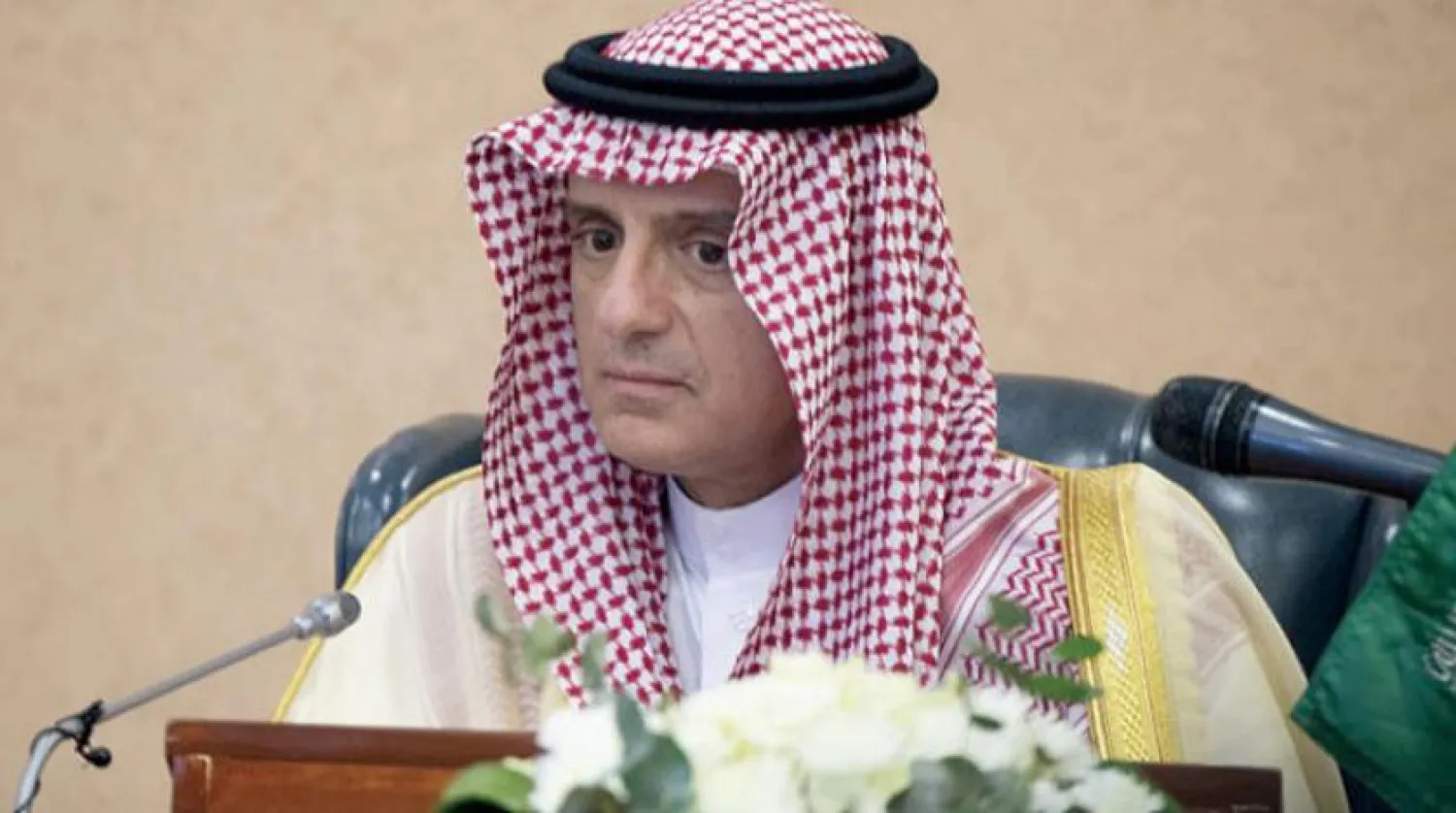Saudi Minister of State for Foreign Affairs Adel al Jubeir expressed his country’s regret about the continued terrorist Houthi militias’ coup against legitimacy in Yemen.
Jubeir, who is also spokesman for the Arab group at the 46th session of the Organization of Islamic Cooperation’s (OIC) Council of Foreign Ministers, renewed support for UN Secretary General’s efforts exerted to reach a political solution in Yemen and Swedish agreement, which is considered a significant step to restore legitimacy in the war-torn country.
During a session chaired by UAE Minister of State for Foreign Affairs of the UAE Dr. Anwar Gargash, Jubeir said the Arab Group is steadfast in its supporting position on the Palestinians' right to establish their independent state on the 1967 borders with East Jerusalem as its capital.
“Terrorism and extremism are among the most important challenges facing the entire world,” Jubeir noted, calling on Arab countries to intensify international cooperation to eliminate terrorism and eradicate its sources.
Iran continues its approach to interfere in countries’ affairs, support terrorism, and occupy the three UAE islands: Greater and Lesser Tunbs and Abu Musa, Jubeir stressed, affirming the sovereignty of the three UAE islands.
He also affirmed Arab countries’ support for the OIC efforts in addressing what is known as Islamophobia.
For his part, Abdul Razzaq Gambogo, Gabonese Minister for Foreign Affairs and International Cooperation and spokesman for the African Group, expressed his aspiration to cooperate with the OIC and strengthen partnerships with its member states.
“We are keen to face challenges hindering development in our societies,” Gambogo said, stressing that Africa has the required tools to combat extremists.
Afghani Minister of Foreign Affairs Salahuddin Rabbani, spokesman for the Asian Group, however, said the Islamic world is rich and full of human and material resources.
“We have been working to enter the fourth industrial revolution and keep pace with technological developments in the region,” he added.
"OIC Council of Foreign Ministers’ meeting will boost the Palestinian cause’s status by providing so much support and delivering a message from the Islamic world countries to the international community to deal more effectively with this cause," said Palestinian Minister of Foreign Affairs and Expatriates Riyad al-Maliki.









